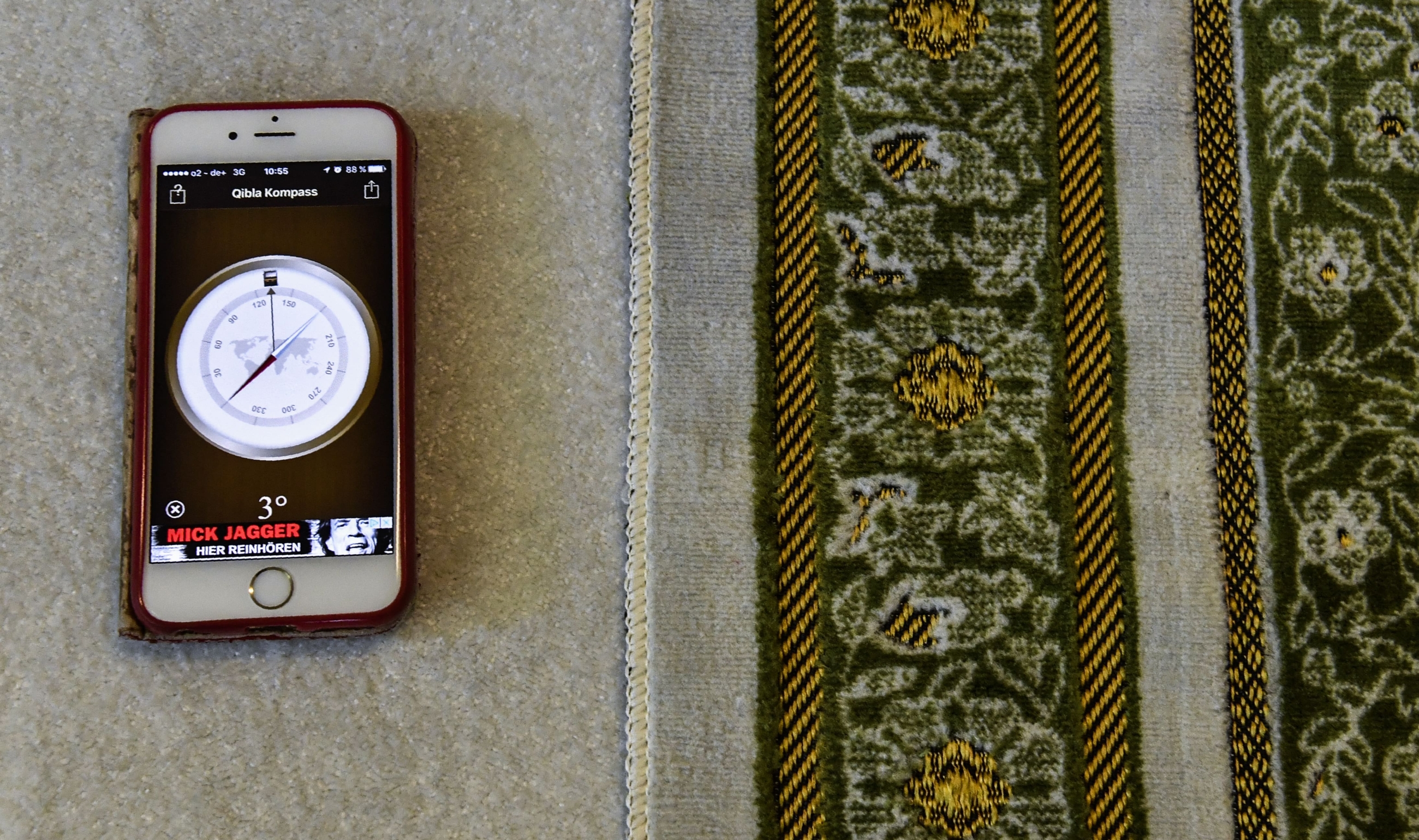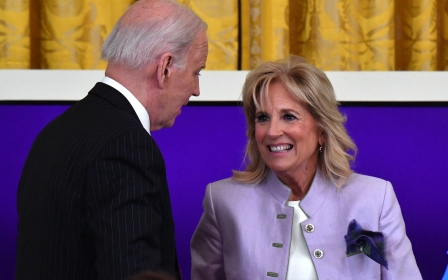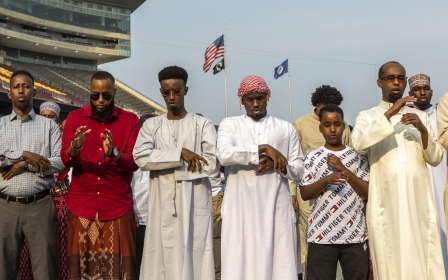Google removes Muslim prayer apps containing hidden software, report says

Muslim prayer apps are among dozens of apps removed from the Google Play Store after they were found to contain hidden data-harvesting software developed by a company tied to US national security contractors.
A report by the Wall Street Journal on Wednesday revealed that Al-Moazin Lite and Qibla Compass were among several popular apps temporarily banned by Google in late March.
The removals were prompted by Joel Reardon and Serge Egelman, university researchers who discovered surreptitious data-harvesting code while looking for vulnerabilities in Android apps.
Measurement Systems S. de R.L, a Panama-based company, paid developers to include its code in their apps, according to the Journal. That then allowed the company to collect data from the apps’ users, which the researchers said could potentially include phone numbers, email addresses and GPS data to track people’s movements.
Reardon and Egelman said it was the most privacy-invasive software development kit they had seen in six years of examining mobile apps, describing it as “malware”.
New MEE newsletter: Jerusalem Dispatch
Sign up to get the latest insights and analysis on Israel-Palestine, alongside Turkey Unpacked and other MEE newsletters
Measurement Systems is reportedly tied to a Virginia-based defence contractor involved in intelligence work for US national security agencies, according to corporate records and domain registrations.
The company told the Journal that it was not involved in secret data-harvesting and denied that it had links to US defence contractors.
Other apps caught up in the scandal include Speed Camera Radar, WiFi Mouse and a weather app popular in Iran.
The Egypt-based developer of Al Moazin said that it believed that Measurement Systems was collecting data on behalf of internet providers, financial services and energy companies. The developers of Qibla did not respond to the Journal’s request for comment.
Google said that the banned apps could apply for reinstatement once the data-harvesting code was removed.
In November 2020, Muslim Pro, a prayer app that had been downloaded 100 million times worldwide, was revealed to have sold its data to a company that then sold the information to the US military.
The news sparked international condemnation and reignited debates about the US government's mass surveillance programmes on Muslims in the wake of its "war on terror".
Last year, another popular Muslim prayer app, Salaat First, was alleged to have sold users' location data to a French firm that was previously part of a complex data supply chain involving a US government contractor that worked with the FBI, ICE, and US Customs and Border Protection.
This article is available in French on Middle East Eye French edition.
Middle East Eye delivers independent and unrivalled coverage and analysis of the Middle East, North Africa and beyond. To learn more about republishing this content and the associated fees, please fill out this form. More about MEE can be found here.




